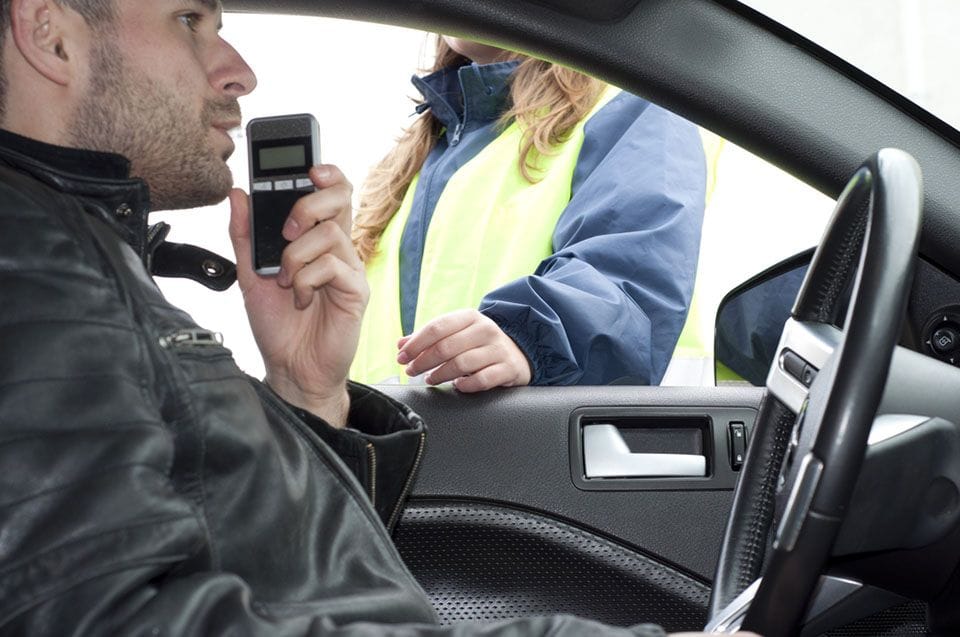For some who consume alcohol and then drive a car, a recent study says that genetics may be partly to blame for the life-endangering behavior. While the study findings certainly don’t serve as an excuse for the behavior, they may encourage more studies into the reasons people repeat crimes like drunk driving. Published in Addiction Biology, a study was conducted by University of North Texas Health Science Center School of Public Health, led by Dennis Thombs, Ph.D., to explore genetic connections toward driving under the influence of alcohol. Data for the study came from anonymous interviews and saliva samples taken from patrons leaving bars located near large college campuses. The interviews were conducted over a period of four evenings. The researchers said their study findings support other research that a certain genetic trait – called S/S – can be found in about one-fifth of people who take part in risky behaviors like drinking and driving. The students who had the S/S genetic trait had a higher tendency to operate a vehicle after consuming alcohol at a bar than those who had an L/L sequence. Additional research suggests that certain genetic traits may make a person more likely to engage in spontaneous and dangerous activities than other people, especially where rules are concerned. Thombs said the findings could help contribute to larger knowledge about why people repeat drunk driving offenses, even following arrests and penalties. He also said that the factors surrounding a person’s decision-making skills move much farther beyond simple right/wrong philosophies, and genetic tendencies can also play a role. However, just having certain types of genes doesn’t mean a person is bound for these activities, nor should take part in them because of genetics, Thombs added. Other research into a genetic predisposition for drunk driving, such as from McGill University, Montreal, suggests that the repeated consumption of alcohol may actually make the problem worse by causing brain malfunctions in the areas that help make decisions. For most who drive while intoxicated, a lifestyle of alcohol abuse began years earlier and may have caused damage while their brains were in development phases, especially in the teen years. Additional research is also exploring a connection between abnormal levels of cortisol, a trait which can be inherited, and a tendency to abuse alcohol or take part in risky behaviors. People with lower than normal levels of cortisol may react with anxiety and less stress when apprehended for driving under the influence of alcohol, making the action more likely to be repeated when compared to people who respond with high anxiety to a drunk driving arrest. A repeat offender, says McGill University researchers, may even react to being stopped for drunk driving in a seemingly calm, matter-of-fact manner if they have some of these genetic traits. Although experts don’t believe genetic-based research into drunk driving will be the ultimate answer to this national tragedy, findings could help predict who may be more likely to drink alcohol and then get behind the wheel and help stop the behavior before it happens.


